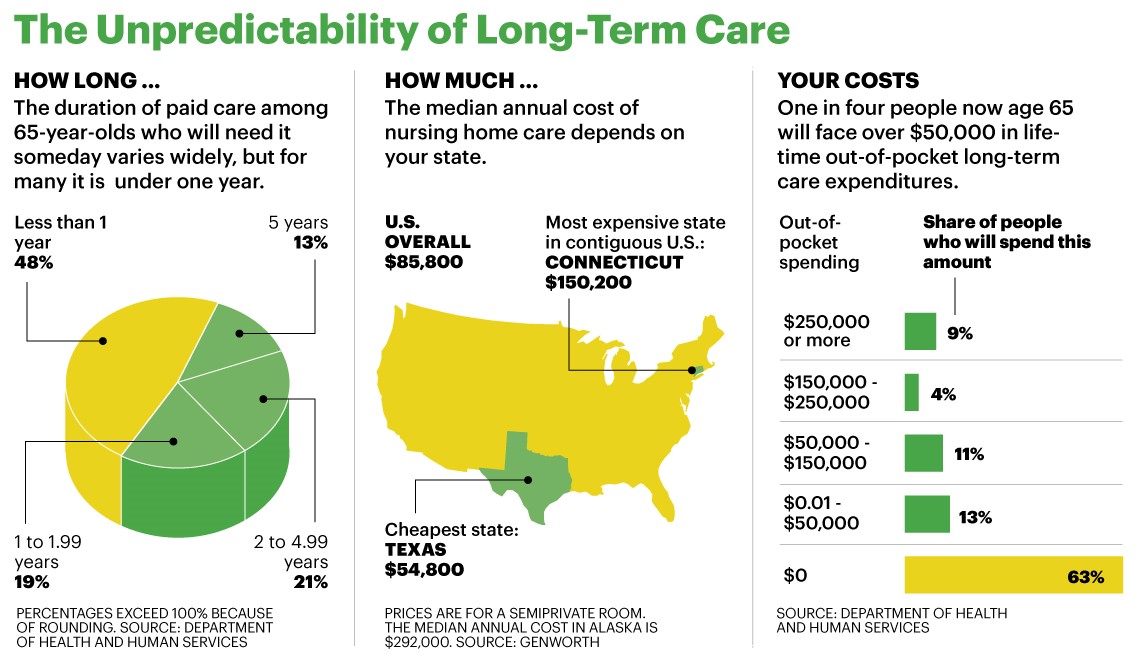Summer travel!

We all look forward to getting away from it all. Summer means trips and family time – but don’t forget to take precautions at home and while you’re away to secure physical and digital devices.
At home
Back up all devices either to local storage or cloud services protected by strong encryption. Use password security on all devices and specify a number of failed attempts before lockout.
Don’t post details of your adventure while you’re away – it’s so exciting to share with everyone, but wait until your adventure is over before sharing.
Physical security
Stolen wallets are a traveler’s nightmare. Minimize potential dangers by carrying only essential items. Invest in a money belt or pouch that can be concealed under clothing.
Take photos of all important documents like credit cards and passports and store them in an encrypted format such as a cloud service. This will give you access to basic forms of identity in the event of theft.
Laptops are vulnerable to theft – consider if you really need to bring one. If you do, it’s best not to have information stored on the device that could be stolen (personal financial info, etc.)
Public Wi-Fi – be careful!
- Be sure your firewall is active and up to date
- Don’t use banking and shopping sights
- Email is the most important service to secure – criminals can use your email to reset passwords on other sites
- For an extra layer of security, CNet suggests subscribing to a public VPN service (it sets up a secure channel between you and sites you connect to, protecting data with strong encryption). Most plans are under $15 a month
Security shouldn’t stop the fun – consider it part of your vacation plan to really allow you to unwind!









